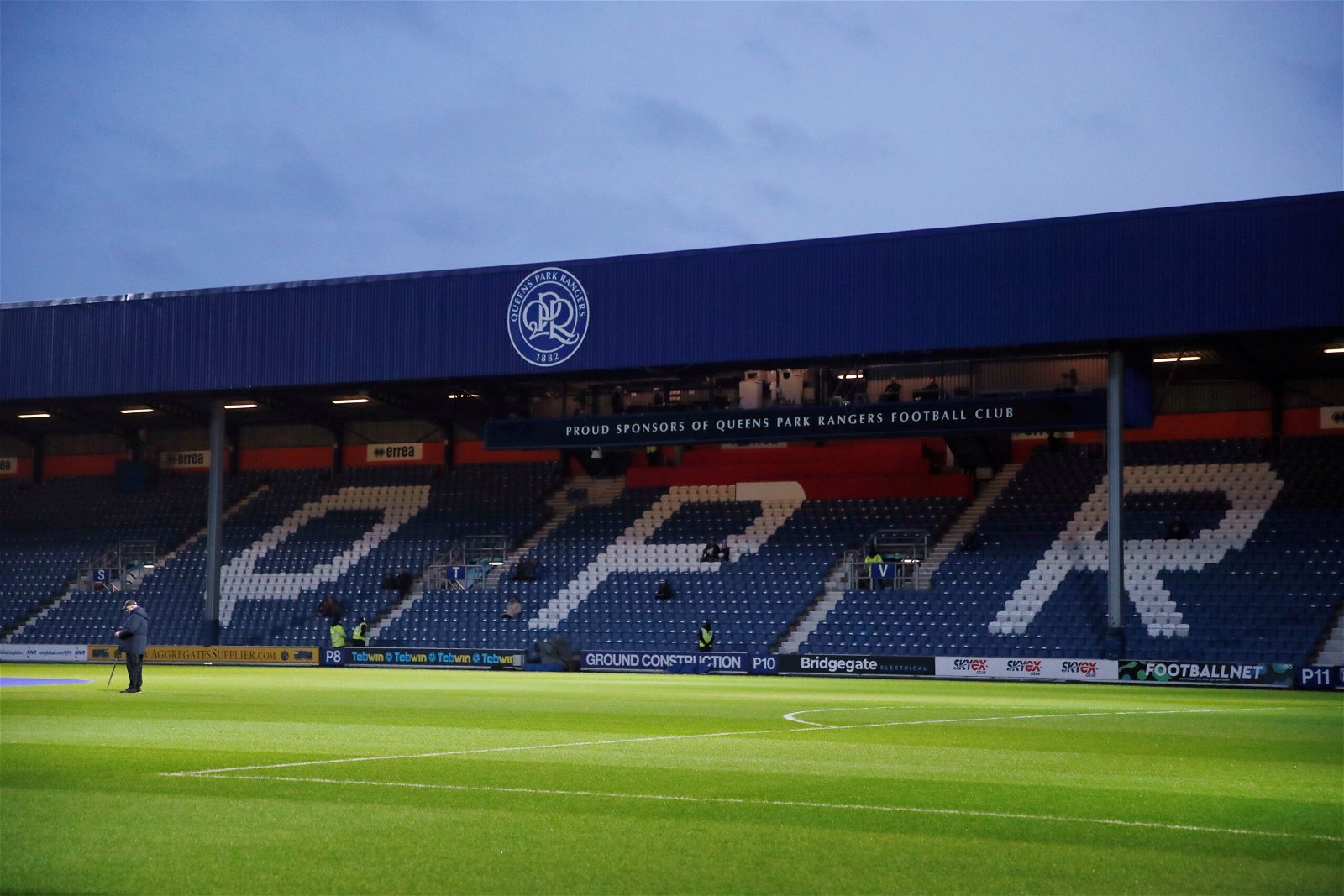With the recent demonstrations by Hull City fans, protesting against the name change of their club, has foreign ownership in football gone too far, or is investment from abroad the right way forward?
One of the first to invest in a football club from abroad was Russian billionaire Roman Abramovich. The Russian billionaire became owner of Chelsea in 2003, and since his purchase of the club 10 years ago, the Stamford Bridge side has gone from strength to strength, winning 3 Premiership titles and the Champions League in 2012. Abramovich was a watershed in the ownership of British football clubs, and during his time in charge of Chelsea there has been somewhat of an influx of foreign owners and investors. The question is, however, are these foreign investors a good thing?
11 out of the 20 Premiership clubs have foreign owners or investors, a sign that foreign ownership has taken over English football, especially at the pinnacle of the English game. The clubs that are owned by overseas investors include all 4 clubs in the Champions League. Could this be an indication that foreign ownership is necessary to achieve success?
Manchester City first came under foreign ownership in 2007, when Thaksin Shinawatra, a politician and entrepreneur from Thailand, bought the club. However, corruption charges led to Shinawatra selling the club to City’s current owner, Shiekh Mansoor. Mansoor has invested heavily into the club, with an estimated £500 million being set aside for transfers since he took charge of the club. Such investment led to Manchester City winning their first Premier League title in 2012, under the leadership of Roberto Mancini.
Chelsea and Manchester City highlight the popularity that foreign owners and investors have, when they pump millions into their football club. However, this investment is less welcome at some clubs.
The situation at Cardiff, for example, is a tricky one. Malaysian owner Vincent Tan bankrolled the club to promotion, but in the process changed the club’s colours from blue to red, a move that angered many Cardiff City fans. Some even argued that Cardiff “sold their soul” to Tan, in a bid to gain promotion to the Premier League.
The situation is even worse at Hull. Egyptian owner Assem Allam helped the club gain promotion to the Premier League in May, through investment worth around £30 million. However, he has angered the Hull City Supporters Trust, and many fans of other clubs around the country, by changing Hull’s name to the “Hull Tigers”, calling the name City “a lousy identity”. Unsurprisingly, the change of name has brought about protests from fans, and the situation at Hull is one that suggests that foreign ownership is not a good thing for the English game.
In the Championship, half of the 24 clubs have significant foreign investment. Blackburn Rovers, owned by Indian company Venky’s, are one example of how foreign ownership can be detrimental to the success of a club. Upon purchasing the club in late 2010, the new owners sacked manager Sam Allardyce, replacing him with the inexperienced Steve Kean. Despite the owner’s ambitions (famously trying to sign Ronaldinho, and publicly stating their intention to challenge for Champions League places), the club went into decline, with relegation in May 2012 leading to widespread discontent from the Ewood Park faithful towards Venky’s .
In summary, whilst foreign ownership can be the catalyst for success at a club, it can also be the catalyst for failure and decline, and as a result football clubs must be careful who they allow to invest and control the club, to avoid fan protests and discontent. Without fans, a football club cannot survive, and this must be remembered by owners.






